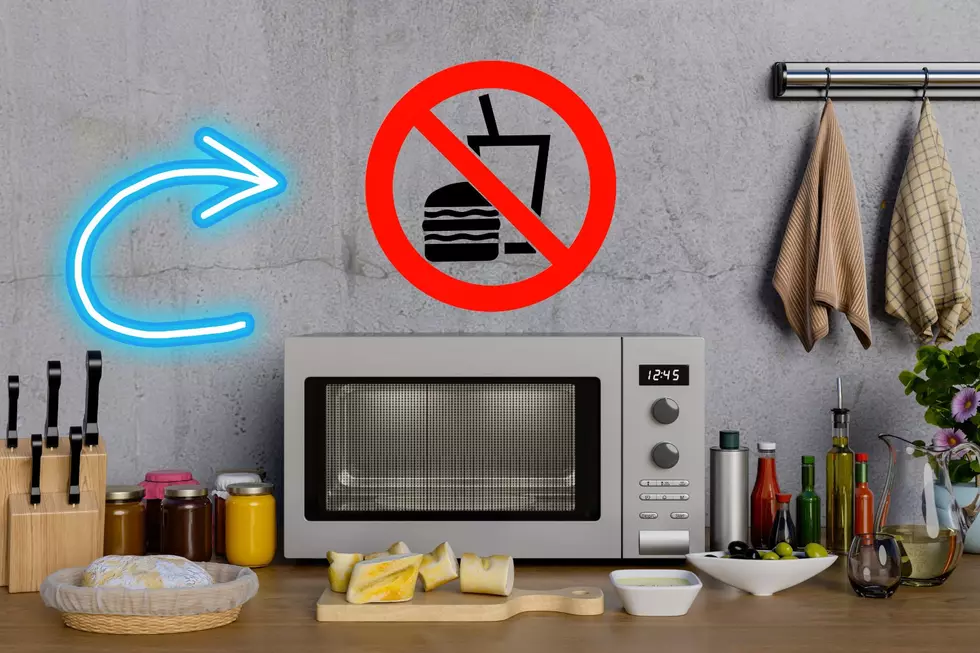Your Medication Prescriptions are No Secret
An article in Consumer Reports tells how our medical information is not as private as many would like. When you fill a prescription, you may assume your medication is between you, the pharmacist, and your doctor. But a surprising number of people have access to your prescription history, including your credit card and Social Security numbers. Your BBB® offers info on protecting your privacy.
Pharmacies and doctors are not allowed to give your prescription records to employers without your consent. However, your records can still be shared by pharmacy chains and their business partners and used in ways you might not expect. Pharmacies and the drug and device makers they do business with are allowed to remind you about refills and recently lapsed prescriptions, and provide “advice” about adhering to treatments. So if you take insulin, for example, you might get mail or email ads about a new insulin pump or supplies for testing blood sugar. When you apply for life, disability, or long-term care insurance, carriers are permitted to hire information-service firms to analyze your medication records and score your health risk.
Pharmacies and companies that administer insurance-company drug benefits sell prescription records to so-called data miners that remove information that can identify you and analyze the rest. That info can be used for medical research, and can be bought by drug makers who use it to track prescribing patterns. That gives them an edge in persuading doctors to prescribe their products, sometimes in place of cheaper or more appropriate alternatives. And some companies have already found a way to match your data to websites you go to so they can then target you with ads.
Click here for things you can do to minimize potential problems with your prescription information.
More From WKDQ-FM









